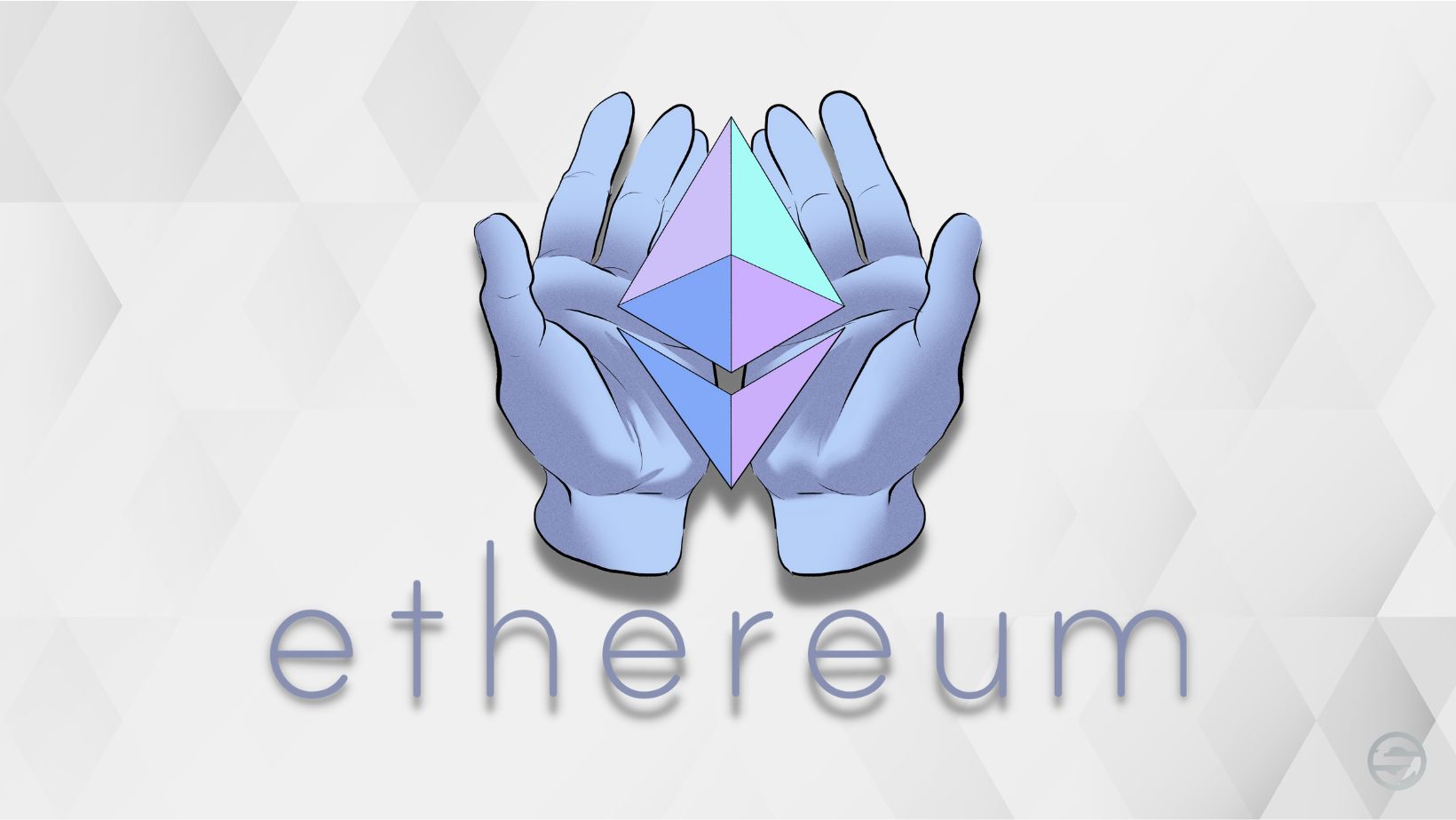
Table of contents
Ethereum Origins
Co-created by Vitalik Buterin to address the shortcomings of Bitcoin, Ethereum is a decentralized network of blockchain powered by the Ether token which allows users to perform transactions, earn interest on their holdings through staking, use and store NFTs (non-fungible tokens), trade cryptocurrencies, play games, use social media and much more, all without the intervention or control of a central authority. There is no need to disclose all your personal data to use Ethereum, the user is the only one to decide when it comes to sharing personal data.
Who Runs Ethereum?
Ethereum is decentralized, so there is no control coming from a centralized player. Ethereum only exists through the decentralized participation and cooperation of the community. Ethereum uses nodes (a computer with a copy of the Ethereum blockchain data) run by volunteer individuals to replace individual servers and cloud systems owned by major internet providers and services.
These distributed nodes, run by companies and individuals worldwide, ensure a certain level of resilience in the Ethereum network infrastructure. It is therefore much less vulnerable to hacking or downtime. Since its launch in 2015, Ethereum has never experienced downtime. Thousands of individual nodes operate the Ethereum network, making it one of the most decentralized cryptocurrencies, second only to Bitcoin.
Ethereum and Bitcoin: What's the Difference?
Launched in 2015, Ethereum builds on the novelty of Bitcoin, with some key differences.
Both allow for the use of digital currency without payment providers or banks. What makes Ethereum attractive is that it is a programmable blockchain, so it is also possible to create and deploy decentralized applications on its network. Because Ethereum is programmable, it allows for the creation of applications that use the blockchain to store data or determine what the application can do. Ethereum is an unprecedented innovation that allows for infinite usage and programming.
While Bitcoin was developed primarily as a payment network, Ethereum takes the form of a market for financial services, games, social networks, and other more transparent and privacy-respecting applications.
Ethereum: The Merge
The Merge is an optimization of the Ethereum blockchain that took place on September 15, 2022. This update to Ethereum was eagerly anticipated by many players in the crypto ecosystem. It ended the transition of Ethereum from proof-of-work (PoW) to proof-of-stake (PoS) consensus. This new version significantly reduces energy consumption, by about 99.95%.
- The Merge is the merger of the original Ethereum layer, known as the Mainnet, with its new PoS consensus layer, to create the Beacon Chain. This merger makes energy-intensive mining redundant in favor of proof-of-stake, and also improves the security, durability, and development potential of the network. At first glance, the Beacon Chain does not change much, but it brings fundamental changes necessary for future network upgrades.

- This new version of Ethereum was eagerly anticipated by many cryptocurrency enthusiasts. It is the blockchain with the most development, but also the one that required the highest fees to validate transactions on the network. Due to an increase in blockchain adoption, it was necessary to evolve the Ethereum network to further expand its access and adoption.
Why should I use Ethereum?
If you have ever sent money abroad or plan to do so. If you have ever worried about the future of your assets due to forces outside your control where you live, or if you are tired of the many restrictions and fees imposed by traditional financial institutions for everyday transactions, you may be interested in what cryptocurrencies have to offer.
Keep in mind that Ethereum is a story that is being written a little more every day, and that many other reasons for using it are discovered as it evolves and develops.
In summary
Ethereum is a technology that allows for the creation of applications, organizations and managing assets in a decentralized way. It is not necessary to give personal information to use Ethereum. The user keeps control of their data and what they decide to share. Ethereum uses its own cryptocurrency called Ether to pay for transactions on the Ethereum network.




 Blockchain, Ethereum, Crypto
Blockchain, Ethereum, Crypto 2023-01-12
2023-01-12
